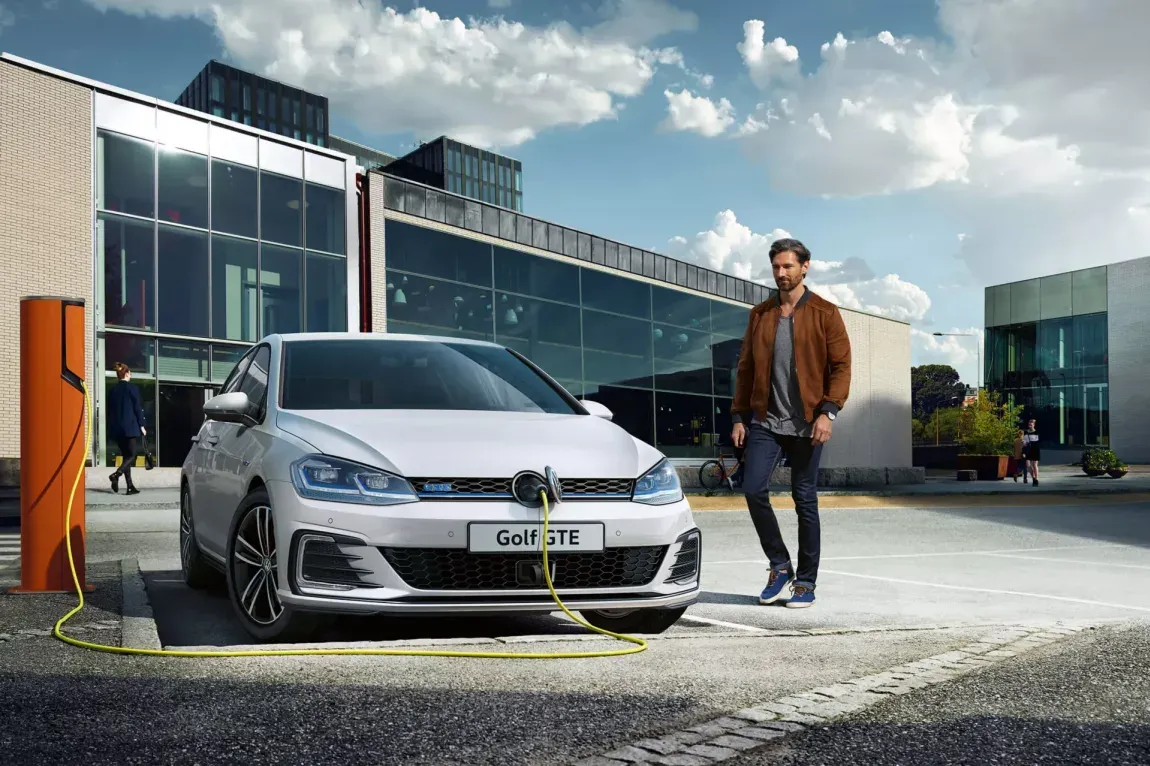The good news about maintaining an electric vehicle is that they have fewer moving parts and less fluid, so they tend to be easier to maintain than the traditional petrol or diesel.
Like with all vehicles, your electric or hybrid one will need servicing on a regular basis and a yearly MOT after it turns three years old. As electric vehicles have fewer moving parts, their service intervals are extended. This means you should be making fewer trips to the workshop.
Electric Vehicle Servicing Explained
With fewer moving parts and less for the mechanics to check service schedules for EVs tend to mean there’s a larger gap between services than with petrol or diesel vehicles.
Some of the parts on your EV will be the same as they would on a petrol or diesel, such as the wiper blades, lights and tyres, so will still need checking for wear or damage as you would a regular vehicle.
When it comes to the brakes on your EV you may find that they last longer than with a conventional vehicle. This is because many EVs on the market use regenerative braking, which uses the electric motor to slow down the vehicle and recharge the battery, putting less friction on your brakes and helping them last longer.
The service schedule for your electric vehicle will usually depend on the manufacturer, to keep it running at it’s best it’s usually a set mileage or period of time. If you’re unsure when you need to service your EV next, simply get in touch with our team.

Are electric cars less maintenance when compared with diesel or petrol vehicles?
Yes, when compared with petrol or diesel vehicles, electric cars are less maintenance. The reason for this is because conventional internal combustion engines (ICE) have hundreds of moving parts. This means that many different things could potentially go wrong over the lifetime of a diesel or petrol vehicle.
How Fuelling Your EV is Different
All your charging questions answered.
Types of Electric & Hybrid Vehicles
Discover the differences
Electric & Hybrid Running Costs
Is owning an electric vehicle cheaper?
Can't find the answer to your question?
Our expert teams are on hand to help with any additional questions you may have!
